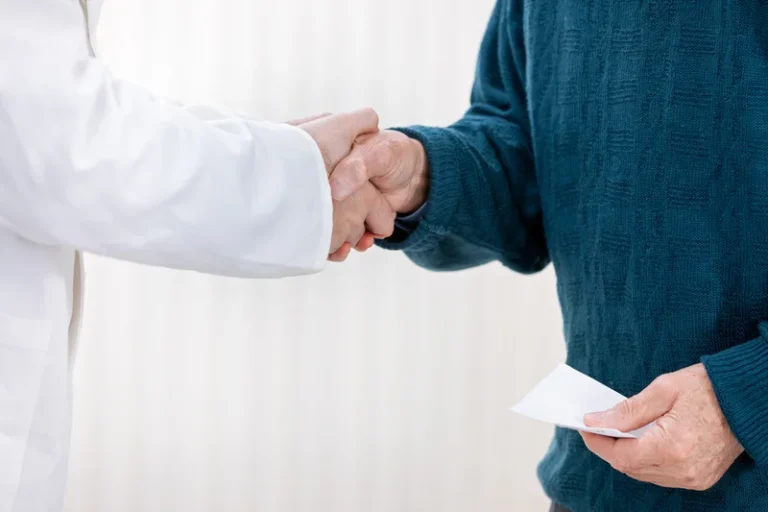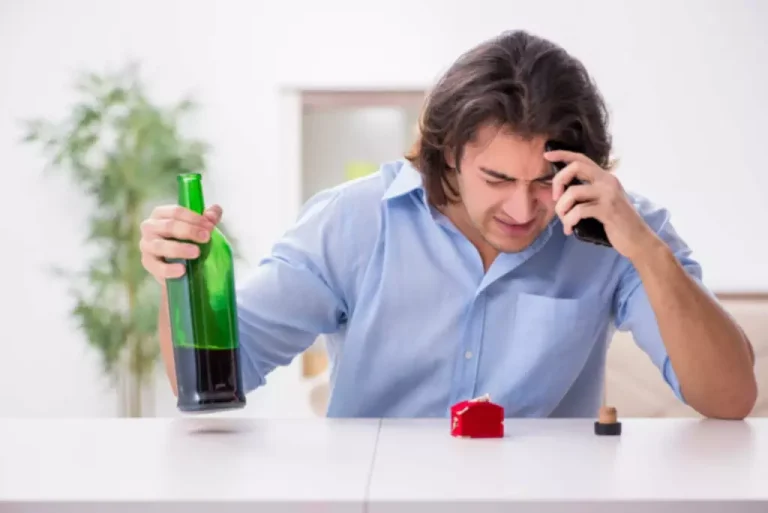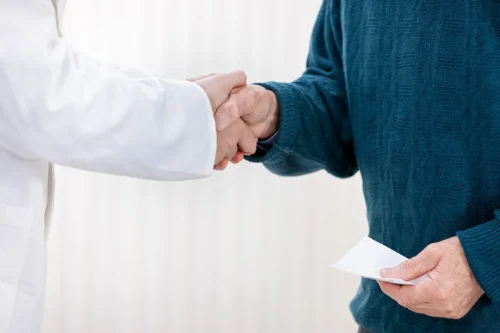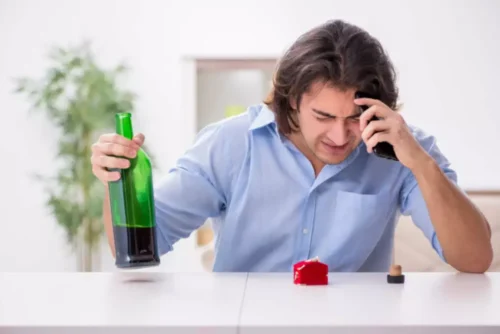Your cart is currently empty!
Love Addiction: The Stages of Codependency

Outside of professional support, aiming to rediscover your individuality can be helpful. You can try spending time alone and pursuing individual interests and former hobbies. Reach out to friends and family to start rebuilding relationships separate from your partner. In contrast to SUD, 2016 research called love a “natural” addiction that can be a common, healthy thing to experience. While 2021 research shows that the end of a relationship can induce withdrawal-like symptoms, they might also be explained as grief.

Making Sense of Your Life

Get feedback, make tough decisions, and implement change in real-time. Key signs that an individual is in recovery and is open to a relationship. Positive self-talk can also help you feel better about yourself and lead to stronger relationships. Or perhaps you’re searching for something you’re unlikely to find (like romanticized love that mostly only exists in the media).
Rules You Shouldn’t Break While Handling Someone’s Addiction
As long as someone is in the midst of their addiction and not receiving help, a relationship with an addict is virtually impossible. An addict will do everything to keep using including lying, cheating, and stealing. To provide insight to any of these questions, it’s important to understand addiction and what it does to relationships. There are also situations where both people are addicts so the question may become can two addicts have a healthy relationship. There are a few different scenarios where you might wonder what it’s like being in a relationship with an addict, or whether or not it’s possible to have a relationship with an addict. The first could be if you were already in a relationship with a person before they were an addict, and now they’re in the midst of addiction.
- They are fearful of being alone or rejected, so they endlessly search for that special someone to make them feel whole.
- As you’ll read later, love addictions form as a result of painful childhood experiences.
- It just means you have to work together to learn more about each other and find a middle ground.
- That means you have an established self-identity and don’t lose it in the relationship.
- It can take time to trust a loved one again, especially if they’ve lied, exhibited harmful behaviors, or stolen from you.
- A therapist can work with you to identify and address thought patterns or underlying issues contributing to these feelings and behaviors.
Common Signs and Symptoms Of Love Addiction

It is normal to idolize romantic partners by putting them on a pedestal. In the case of love addiction, however, the love addict may obsessively put their partner on a pedestal to their detriment. The partner may not even be emotionally responsive, affectionate, or may be when you love an addict abusive. Although the causes may vary, a commonality of love addiction may be a false notion that your romantic partner will save you. Dye explains that this may cause partners to pull away because it may feel overwhelming or exhausting.
Successfully Dating a Person with an Addiction
It should not be used in place of the advice of your physician or other qualified healthcare provider. It should not be used in place of the advice of your physician or other qualified healthcare providers. Unfortunately, “love addicts” usually pick a love-avoidant person to partner with, which triggers an unhealthy cycle, because the love-avoidant is terrified to have anyone get too close, so they push you away.
- You will likely see that if you’re in a relationship with a drug addict, they become a completely different person than the one you originally knew.
- The first step in recovering from love addiction is to recognize the problem.
- If you’re seeking help for yourself or a loved one, our expert team is here to guide you every step of the way.
- Crystal Raypole has previously worked as a writer and editor for GoodTherapy.
- This fear can manifest as avoidance of physical or emotional closeness, guardedness in relationships, or self-sabotaging behaviors.
- Love addiction creates challenges in relationships and can play itself out in a variety of unhealthy behaviors.
- There is no easy, single answer, but researchers believe it comes down to a combination of genetics, trauma from childhood, and other psychiatric problems, such as anxiety, depression, and bipolar disorder.
- Although more common in romantic relationships, love addiction can occur within families, in friendships, and even with strangers.
- Additionally, obsessiveness and anxiety can occur that love addicts cannot fix alone.
- What I always wanted was to love and to be loved, and now I couldn’t ever have that… because I was addicted to love.
- This drives us to either want overly dramatic and intense emotions in relationships, or at times, detach completely for fear of neglect and abandonment.
To understand how to live with a loved one who has an addiction, it’s important to first learn the driving forces behind the addiction itself. “This includes communication with the partner, with yourself and even with friends and family before entering a relationship,” explains Dr. Gerardo. Dr. Gerardo also warns of love addiction affecting your day-to-day life.

The review’s authors argue that there is behavioral, neurochemical, and neuroimaging evidence from various studies to show that love can be an addiction similar to SUD. When we think of addiction, our minds may immediately drift toward substance use disorder (SUD), which involves substances like drugs and alcohol. A codependent relationship often begins with one person putting their partner’s needs above all else — including their own needs, interests, and independence. It can take time to trust a loved one again, especially if they’ve lied, exhibited harmful behaviors, or stolen from you. You may need to work with a therapist to help you both reestablish the much-needed trust your relationship needs to thrive. Inpatient rehab may be a short-term solution, while counseling and health coaching can be long-term options.